Rentschler Biopharma SE announced today that Dr. Thomas Rösch will join the Company as Vice President Biopharma Engineering & Technology, effective April 1, 2018. He will be responsible for advanced biopharmaceutical engineering projects to enhance site and capacity.
ADVERTISEMENT
Japanese drug giant Takeda Pharmaceutical Co. Ltd. has confirmed its intention to make a bid for orphan drug leader and neurology specialist Shire plc. The take-over offer has to be made until 25 April.
Roche’s US arm Genentech has confirmed a total of 5 deaths in adult patients who were dosed with its
to-be hemophilia blockbuster emicizumab (Hemlibra), a BITE antibody that mimics the effect of Factor VIII which lack patients with hemophilia A.
More than 400 experts came together at the World Bio Market Conference in Amsterdam to discuss the challenges of successfully implementing bio-based business strategies.
Belgian nanobody maker Ablynx’ IL-6 receptor blocker vobarilizumab didn’t met the primary endpoint of dose response at 24 weeks in a Phase II study enroling 312 patients with severe, active seropositive systemic lupus erythematosus (SLE).
Antibody specialist MorphoSys AG has filed a Registration Statement on Form F-1 with the U.S. Securities and Exchange Commission (SEC) for a proposed Nasdaq offering of American Depositary Shares (ADS)
While bio-based polymers have been a hot topic for some years now, it’s grown increasingly clear that where plastics end up is at least as important as how they’re made. Current recycling technologies are limited, bringing either low-quality recyclates or high processing costs. But enzymes now offer a glimmer of hope. Working with the common plastic PET, a French firm is trying to prove biotech approaches can close the loop in the material’s life cycle. They hope they’ll soon be able to recycle the plastic endlessly and affordably.
French antibiotics player Deinove has inked a licence option agreement with Redx Pharma plc concerning a new class of synthetic preclinical topoisomerase blockers to treat infections caused by Gram-negative ESKAPE pathogens.
The German Bioeconomy Council said policymakers would risk Germany’s leadership in bioeconomy if they don’t capitalise on new technology options resulting from the ongoing merger of digital and bio-technologies.



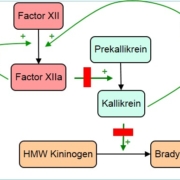
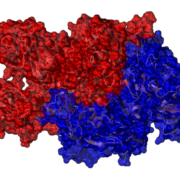
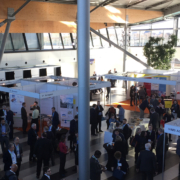
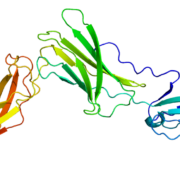

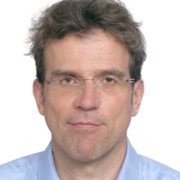
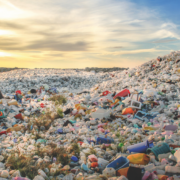
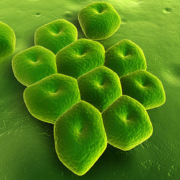
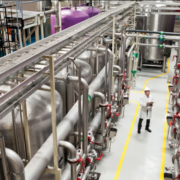 Carbios SA
Carbios SA